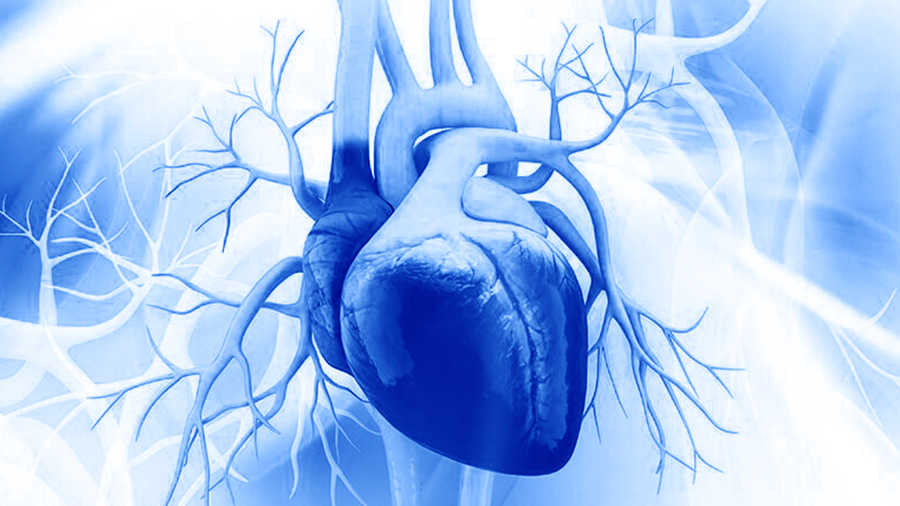Subtotal $0.00
Subscribe to out newsletter today to receive latest news administrate cost effective for tactical data.
2478 Street City Ohio 90255
Shopping cart
- Phone:+91 8585077458
- Email:info@pediatriccardiologistinkolkata.com
- R N Tagore, Mukundapur, Kolkata, IN 700099




